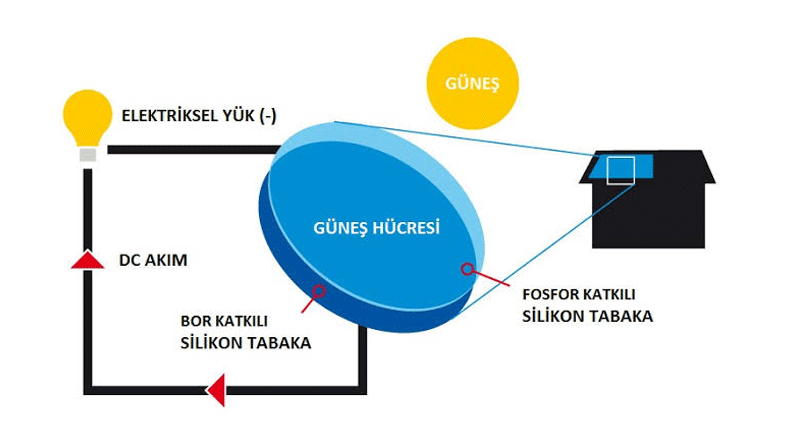How to Choose an Alternative Garage Heater
Choosing an alternative garage heater can be a great way to gain exposure to green heating methods, especially if you’ve never used any of the more common ones. Once you successfully install and use an alternative garage heater, you may decide to rethink the heating system for your home as well.
Alternative heat doesn’t have to be expensive or complicated. Choices for alternative garage heaters include Trombe walls, wood stoves, pellet stoves and used oil furnaces or boilers to name just a few, but many common sense options like insulation, weather-stripping and passive solar will help maximize the warming effects of whatever alternative garage heater you choose.
Trombe walls are a form of passive solar heat first popularized in the 1960s. A Trombe wall is built to face the sun and is made from a material that can act as a thermal mass (such as stone, metal, concrete or adobe) An air space is built into the Trombe wall and glazing and vents at the top and bottom of the wall turn it into a passive solar collector. During the day, heat builds up in the thermal mass and warms the air space, and then at night the heat is released into the garage.
If you are building a garage or are up to renovating at least one wall and you have the option of a sun-facing wall, a Trombe wall may be the only alternative garage heater you need. Once installed, the heat is basically free. If you live in an area where the winters are hard and the nights are very cold, or if your garage is situated such that a sun-facing wall is not a good option, you may want to install a small wood or pellet stove.
nexpensive wood stoves are easy to find but using a wood stove as an alternative garage heater requires a willingness to meet all the safety standards for installation. Most wood stoves need a separate chimney and building codes dictate specifics of how much clearance is required and what kinds of materials can be used for a hearth.
Keep in mind that, if you choose a wood stove as an alternative garage heater, you will have to regularly clean the chimney. Wood stoves create a by-product called ‘creosote’ which builds up over time in the chimney and can ignite if not regularly removed, causing a nasty garage fire.
Also, although it may seem obvious, many people forget to consider where they will get the wood to burn in the stove. Not all wood burns well or cleanly, and all of it has to be chopped. If you have to pay for wood, or if you don’t like to chop wood, a wood stove might not be your best option for an alternative garage heater.
Pellet stoves burn compressed waste wood (sawdust pellets) saw grass pellets, corn, or fruit pits, and are a good choice for an alternative garage heater if you don’t want to mess around with chopping wood or cleaning a chimney. Pellet stoves burn so cleanly they can be vented directly outside and do not require a separate chimney. Creosote is not an issue with a pellet stove and the pellets come pre-packaged in 40-lb bags available at any big box building supply store.
If you choose a pellet stove as your alternative garage heater, keep in mind that some will burn only compressed wood or saw grass pellets, while others are called ‘multi-fuel stoves and will take dried corn or fruit pits too.
Many people successfully mix fruit pits with pellets for a longer burn, and if you have a source for free fruit pits you are ahead of the game. Local canneries may have them, although more and more people are using pellet stoves, so the days of free fuel may be ending. Still, bagged pellets are cheap, easy to find and will keep a stove going for 24-36 hours per bag, depending on the size and type of pellet stove you purchase.
Finally, you may be able to pick up a used oil burner to use as an alternative garage heater. Watch the ads in your local newspaper and also online resources like E-bay and Craigslist for the right unit. If you do find a used oil burner, you may be able to fuel it in part with biodiesel, a non-petroleum based fuel made of waste cooking oil and vegetable by-products.
Whatever alternative garage heater you choose, make sure you are up to local building codes with your installation and be sure to install a smoke alarm, a carbon monoxide alarm and a small fire extinguisher.

